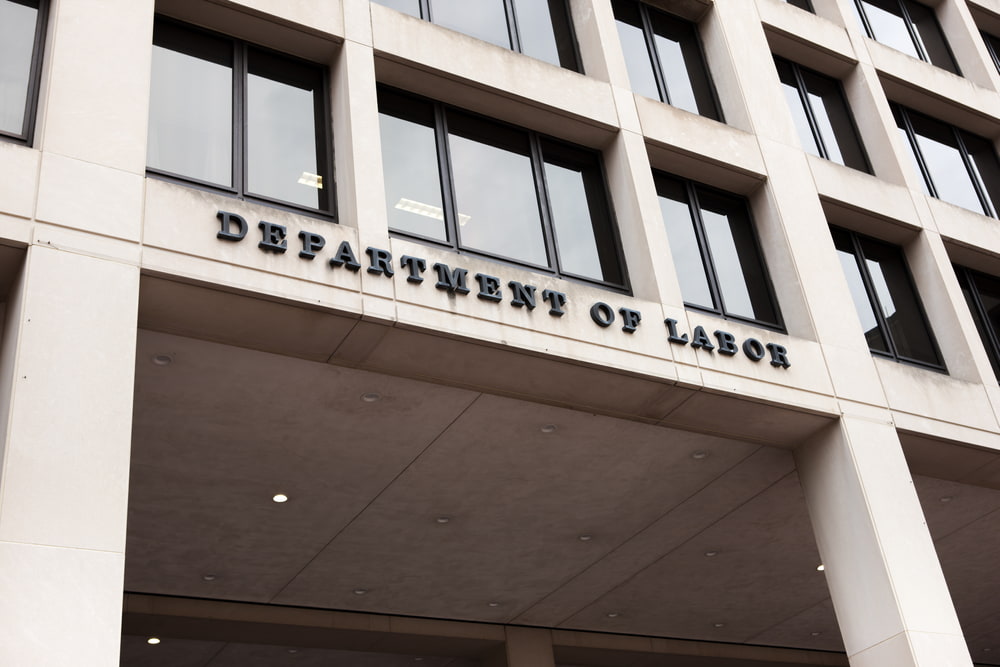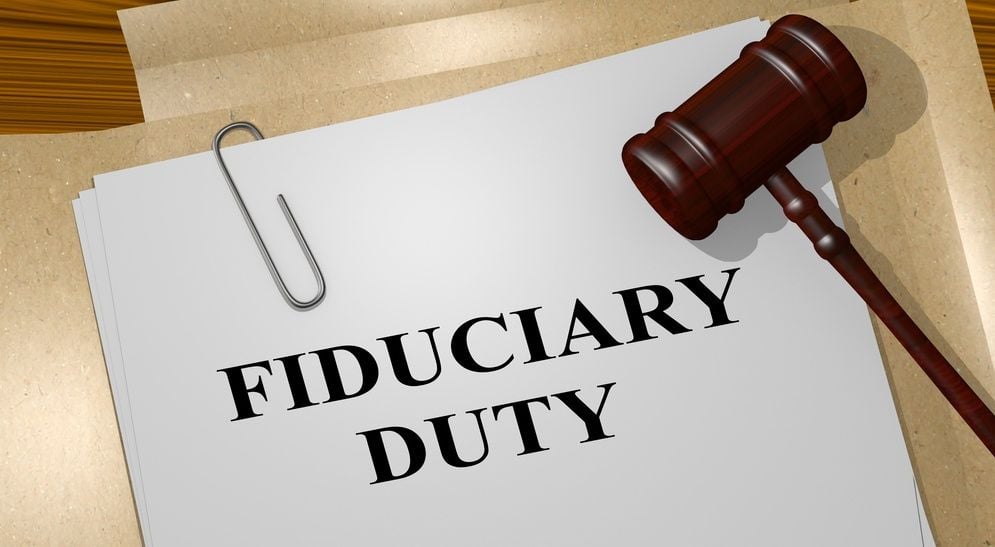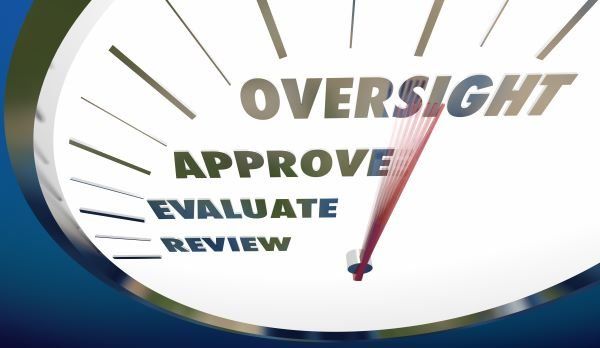The Frugal Fiduciary Small Business 401(k) Blog
Get the latest industry news, deadlines and tips you need to know to help tackle your fiduciary responsibility needs.

The DOL’s Voluntary Fiduciary Correction Program: What Business Owners Need to Know

By: Eric Droblyen
February 11th 2025
Learn how DOL’s Voluntary Fiduciary Correction Program (VFCP) helps businesses fix 401(k) plan errors, avoid penalties, and stay ERISA compliant.
Read More

401(k) Document Retention Rules Made Simple

By: Eric Droblyen
August 13th 2024
Meeting ERISA document retention standards can help employers defend 401(k) plan challenges. Organizing the necessary records in 3 files can make the job easy.
Read More

Understanding ERISA 404(c): Importance, Compliance, and the Role of QDIAs

By: Eric Droblyen
July 15th 2024
ERISA 404(c) protects employers from liability for investment losses resulting from 401(k) participant decision-making. Compliance is easy.
Read More

The DOL’s New Retirement Security Rule - A Win for Retirement Investors

By: Eric Droblyen
May 7th 2024
The DOL's Retirement Security Rule aims to protect investors by making all professional retirement advice subject to ERISA’s rigorous fiduciary standards.
Read More

A Simple Guide for Meeting 401(k) Fiduciary Responsibilities

By: Eric Droblyen
February 27th 2024
Meeting 401(k) fiduciary responsibilities does not need to be scary or time-consuming for small business plan sponsors. Following some simple guidance is the key.
Read More

401(k) Annual Administration - A Checklist for 2022

By: Eric Droblyen
December 8th 2021
An important 401(k) fiduciary responsibility is ensuring plan administration tasks are completed timely each year. Our 2022 checklist makes this job easy.
Read More

401(k) Fiduciary Liability Insurance – Factors that Raise Premiums

By: Eric Droblyen
August 4th 2021
Understanding the factors that increase the price of 401(k) fiduciary liability insurance coverage can help plan fiduciaries more easily avoid liability.
Read More

401(k) Plan Oversight - Understanding Your Fiduciary Hierarchy is Key

By: Eric Droblyen
July 7th 2021
As a business owner, you want to understand the basic fiduciary hierarchy applicable to all 401(k) plans and the responsibilities of each role within it.
Read More

401(k) Fiduciary Outsourcing – Roles That MEPs Can Abuse

By: Eric Droblyen
October 28th 2020
Multiple-Employer 401k Plans (MEPs) require business owners to delegate fiduciary roles to their provider. This delegation makes MEPs highly prone to abuse.
Read More

Apathy is the #1 Source of 401(k) Liability – It’s Easy to Avoid

By: Eric Droblyen
October 17th 2018
401(k) fiduciary responsibilities are manageable once they’re understood. The problem is many small businesses don’t make the effort.
Read More